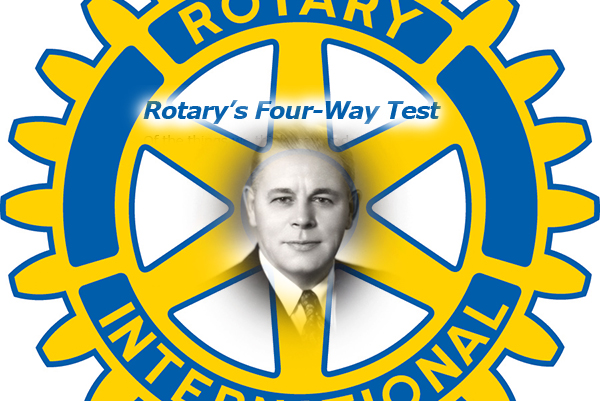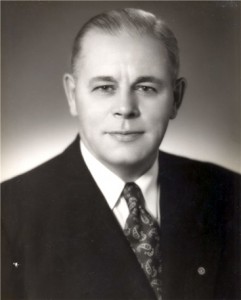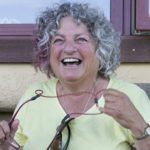Home »

Rotary International’s four-way test
By Colin J. Campbell
One of the phenomena of the early 20th Century was the development of professional service clubs.
The first service club was started by Paul Harris, a young Chicago lawyer, who with a group of business associates founded Rotary International.
 In 1905, when Paul Harris and friends were starting Rotary, it was an interesting time in North America, both the US and Canada were moving from an agrarian to an industrial society. Thousands of young people, who grew up on farms across North America were moving into the cities to work in factories or to start businesses. The major urban centers were growing like wildfire.
In 1905, when Paul Harris and friends were starting Rotary, it was an interesting time in North America, both the US and Canada were moving from an agrarian to an industrial society. Thousands of young people, who grew up on farms across North America were moving into the cities to work in factories or to start businesses. The major urban centers were growing like wildfire.
Chicago was the largest city in the Midwest US and an exciting place to be in the early 20th Century. Harris, who had been raised on a farm in Vermont, came to Chicago to start his law practice. Lawyers were not allowed to advertise in those days and organizing a professional club was an ideal way to develop prospective clients. Over time this unique organization gravitated to community service.
Looking back and knowing that cooperation among farm communities was common place it is not surprising that Rotary appealed to many business people, it reminded them of home, when the whole community would come together to raise a barn or build a house for a neighbour. That same spirit continues today In the motto of Rotary, “Service above Self.”
Rotary spread rapidly throughout the world over the next 50 years, by the end of the century there were thousands of clubs in almost every country with more than a million members. Rotary continues to make a significant contribution to world peace and understanding and through its foundation leads the way to a world free of polio.

One of the defining moments of Rotary was the adoption of the Four-Way Test in 1943 as its Code of Ethics. The test was developed by Herbert J. Taylor, a member of the Rotary Club of Chicago. In 1932, Taylor was asked to attempt to rescue an aluminum company that was on the verge of bankruptcy after the depression. Taylor took up the challenge and developed the four-way test as a basis for the rescue. Taylor was successful in turning the company around and he attributed his success to this simple test. As a result of his success he introduced it to Rotary.
These simple few words are the guidelines of Rotarians as a basis of how they conduct their business and personal affairs. They can be used by anyone as a guide to live a life of high ethical standards.
Of the things we think, say or do;
Is it the TRUTH?
Is it FAIR to all concerned?
Will it build GOODWILL and BETTER FRIENDSHIPS?
Will it be BENEFICIAL to all concerned?
Perhaps we should all pause and apply these simple rules to our everyday world.
To learn more about Rotary and how to become a member check out our website, https://www.clubrunner.ca/Portal/Home.aspx?cid=926 or find us on Facebook.
 – Colin J. Campbell is managing partner of Guidance Planning Strategies Ltd in Cranbook. Colin has been a Rotarian for 35 years and is a charter member and past president of the Cranbrook Sunrise Rotary Club. He can be reached at [email protected] .
– Colin J. Campbell is managing partner of Guidance Planning Strategies Ltd in Cranbook. Colin has been a Rotarian for 35 years and is a charter member and past president of the Cranbrook Sunrise Rotary Club. He can be reached at [email protected] .







